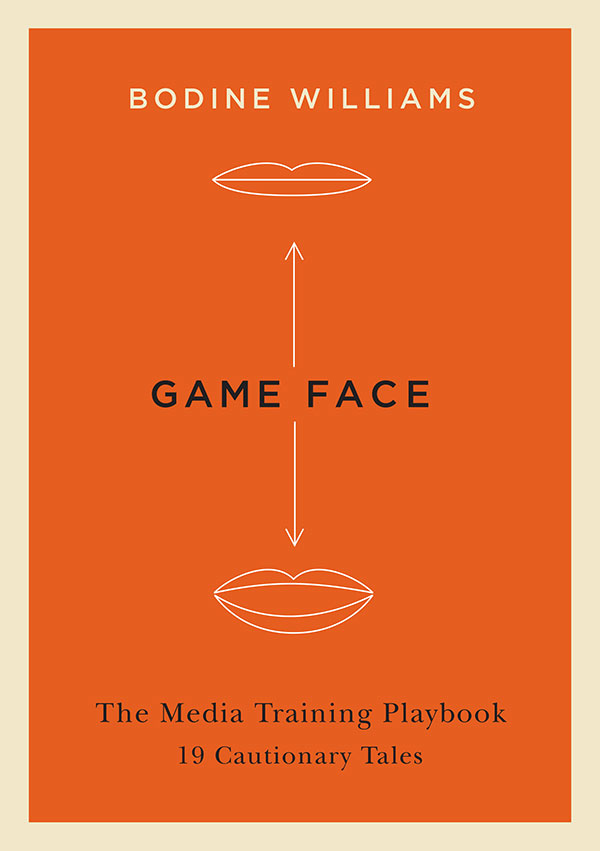Crisis Communication & Issues Management
 What to Do and Say When a Crisis Hits
What to Do and Say When a Crisis Hits
In a crisis what you say is as important as what you do. As the former head of communication for the world’s largest disaster relief agency and later for an organization conducting human vaccine trials, I’ve been on the front line of crisis planning and crisis response.
When a crisis strikes, the reputation of your organization is put to the test. It’s not the time for confused or mixed messages. It’s the time for sound judgement.
To Manage a Crisis, Hire Judgement
A crisis can strike overseas or close to home. In the digital world, bad news gains traction quickly. Anyone with a blog or a social media account can report on your organization at anytime. How would you respond? What is your organization doing to assess and minimize risk each and every day?
In my experience, a crisis is an issue that wasn’t identified and managed in time. That’s when it pays to work with someone who understands how a breaking story is likely to play out with stakeholders – and in newsrooms.
Tracking and Evaluating Risks to Prevent a Crisis
As the manager responsible for issues management in high-risk organizations, I’ve learned how to track the important conversations. This includes policy makers, consumers, community and advocacy groups, as well as influencers in the media.
Along with strategic counsel, I help you set up communication protocols to track and evaluate risks. You will want to work with a consultant who knows how headlines are made—and how to avoid them.
See my short Check List for Crisis Communication Managers.
Consulting fees are invoiced on a per-project basis, after a careful assessment of what’s required.



